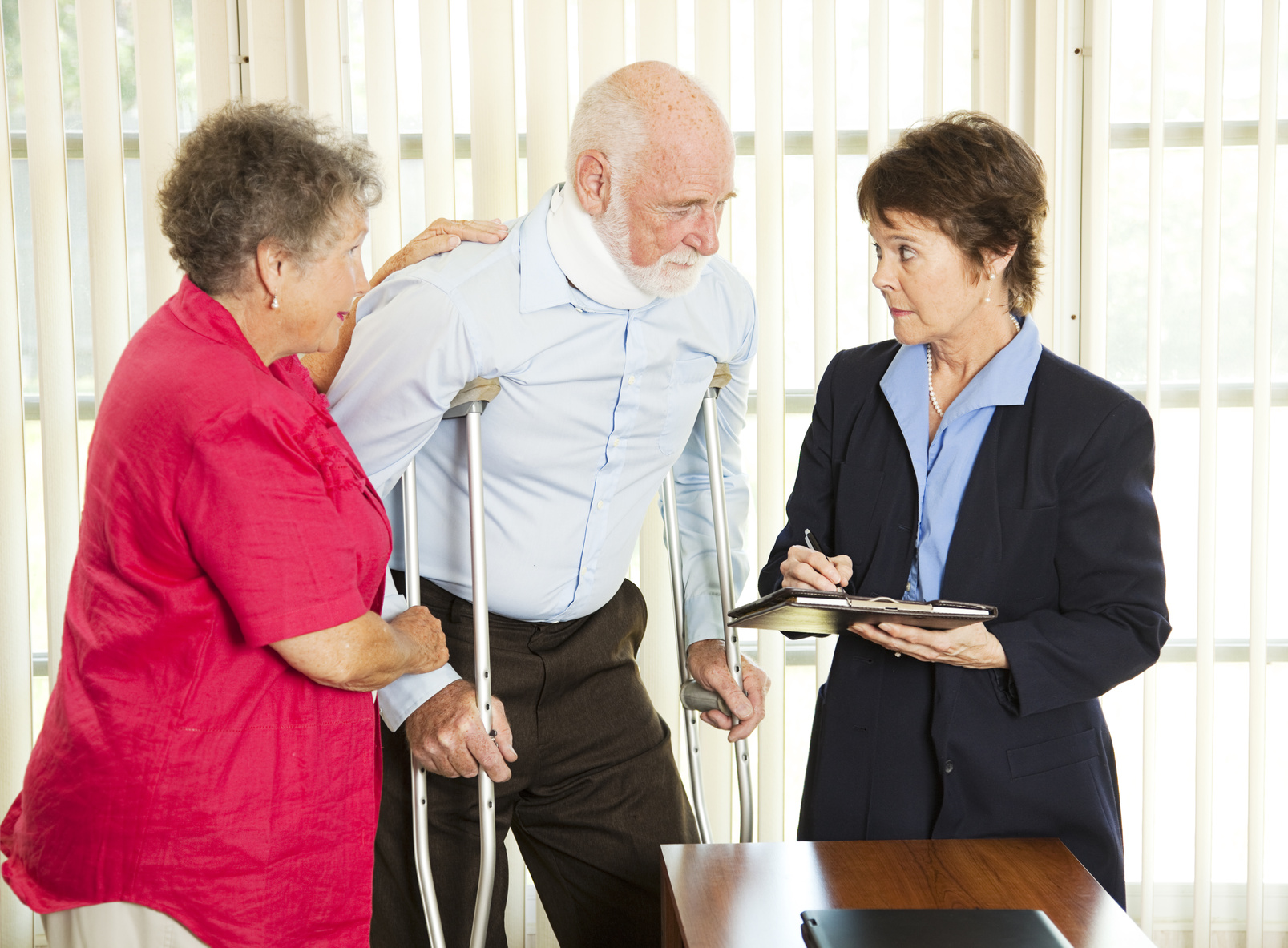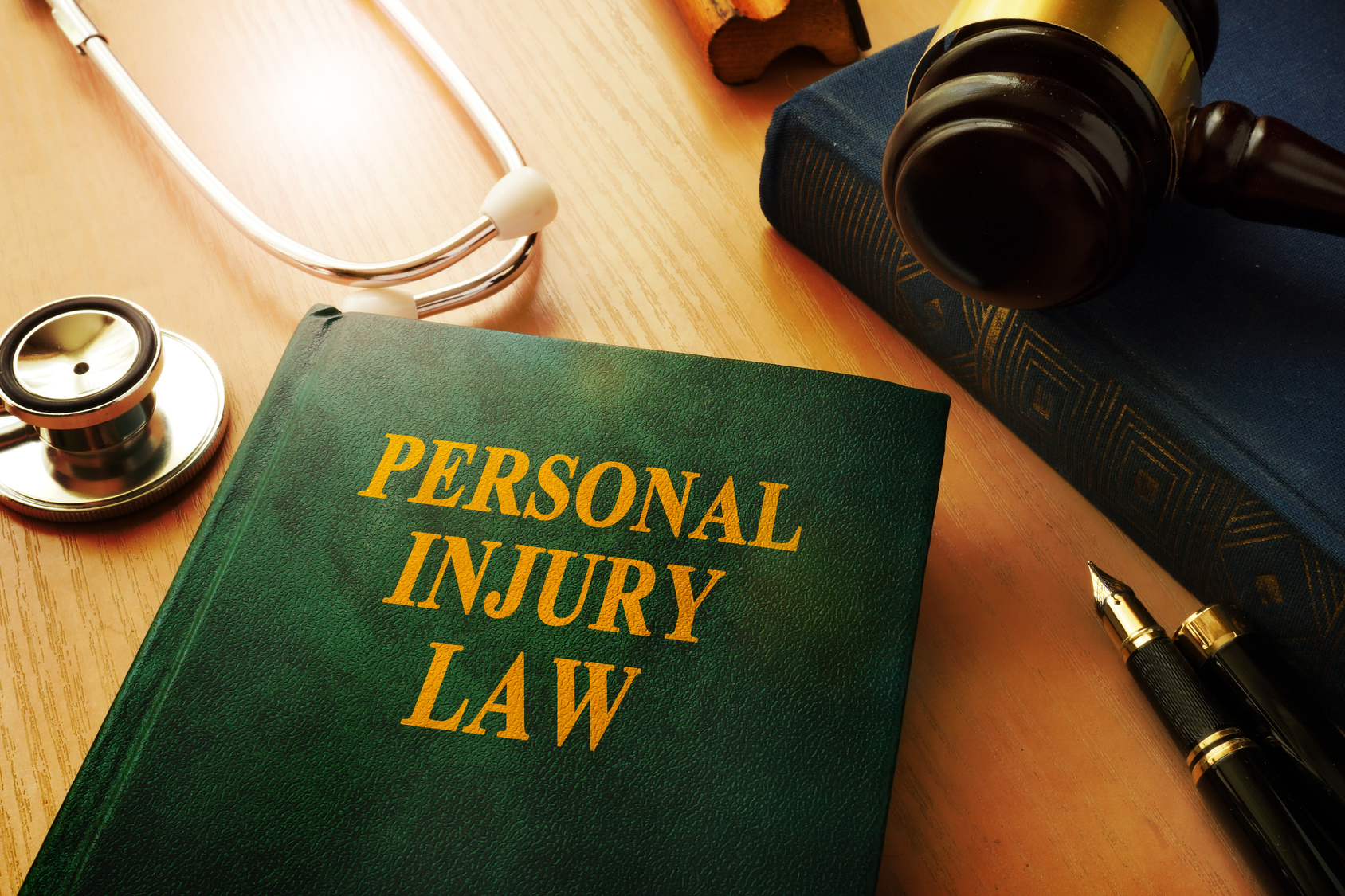People involved in a car accident should stop and provide basic information. If any party is injured, the other party must provide aid. Remember, in the event of injury, a hit-and-run incident is considered a felony in Illinois.
Here are nine steps those injured in a car accident should take:
1. Call the Police
In order to receive proper compensation for injuries, people hurt in a car accident should first call law enforcement. The police will create a detailed report upon interviewing involved parties and third-party witnesses, conducting an examination of the scene of the accident and inspecting the vehicle.
Police officials determine who is at fault in the accident. The evidence the police gather proves liability. Keep in mind that the law enforcement report is critical. Without it, the other driver can engage in a battle of “he-said/she-said,” change his story or even deny the accident ever occurred.
2. Obtain Witness Contact Details
Witnesses to an accident are unlikely to wait at the scene until police arrive. If the injured persons are well enough to do so, they should obtain witnesses’ contact information. Police will follow up with the witnesses to help determine who was at fault. Witnesses can also testify in court.
3. Seek Prompt Medical Treatment
Do not postpone medical treatment for any injuries. Minor injuries related to the accident can turn into major pains if not treated immediately. Furthermore, the longer a victim waits for medical treatment, the more likely the insurance company will argue the individual was not really hurt in the accident.
4. Recognize Common Injuries
A person hurt in a car accident should be aware of the injury, which can appear right away and/or worsen later on. Whether the damages are physical or emotional, the injuries sustained as a result of the car accident require immediate and appropriate medical treatment.
An injury that results from a car accident is defined as when an individual sustains damage that warrants immediate treatment by physicians in a medical facility or doctor’s office. Injuries can affect a person for weeks to years. Here are some of the most common injuries caused by car accidents:
Whiplash occurs when the body suddenly lunges forward; whiplash can be very painful. Loose projectiles from a vehicle impact can end in cuts and scrapes. Head injuries can cause long-term problems. Moderate impact can lead to broken ribs or other bones.
A herniated disc can occur when one or more vertebrae ruptures or shifts out of place. Knee trauma happens when the knees collide with the dashboard, necessitating braces, crutches or surgery to correct the damage. Post-traumatic stress disorder is an emotional injury that car accident victims may endure.
5. Describe All Injuries
Report even slight pains to a physician. The doctor will note the injury in the medical records, which the insurance company will use to evaluate the victim’s injury claims. By not sharing the details of the pain, the insurance company will claim it was unrelated to the accident.
6. Get Diagnostic Tests
As soon as possible, take tests that allow doctors to diagnose the injuries. MRIs, X-rays and scans will document any injuries the car accident victim has sustained. The sooner these tests are done, the easier it is to associate the injuries directly with the car accident and receive proper compensation.
7. Attend Medical Appointments
Go to every doctor or physical therapy appointment. Failing to follow through with medical appointments may be interpreted by the insurance company to mean that the victim was not truly injured in the accident. As a result, the victim’s insurance compensation will be reduced.
8. Keep Track of Everything
Document all injuries, medical appointments, related expenses and treatments. In the event of a lawsuit, which can take two to three years, the injured party will have documentation of all the circumstances surrounding the accident. Details can be readily recollected with a written record.
9. Avoid Giving Statements
The victim’s insurance company is likely to initiate contact shortly after the accident, knowing the individual has had no time to speak with a personal injury attorney. Their intention is to obtain a statement that may be later used against the victim when he seeks compensation for his injuries.
In vehicle accidents, Illinois law requires the able party render aid when injury occurs, especially when the victim requests help. This includes providing reasonable assistance, such as making arrangements to carry the injured person to a physician, surgeon or hospital for medical treatment.
Contact a Personal Injury Attorney
If you have sustained an injury as a result of a negligent driver or are otherwise injured by a neglectful third party, you have legal recourse. The personal injury lawyers from Berry K Tucker & Associates, Ltd. are prepared to help you receive the fullest compensation for your injuries.
In the state of Illinois, victims of third-party negligence have two years to bring their case to civil court. You’ll need an experienced personal injury lawyer from Berry K. Tucker & Associates, Ltd. to provide expert legal representation before this two-year statute of limitations expires.
Berry K. Tucker & Associates, Ltd. will help you have your day in court. Our skilled lawyers handle a wide range of personal injury suits, including construction accidents, wrongful death, birth injuries and medical malpractice. Our team works quickly, so that you are awarded for damages as soon as possible.
With a dedicated team of experienced lawyers on your side, Berry K. Tucker & Associates, Ltd. will work diligently to ensure you receive the maximum compensation to replace lost wages and cover medical bills. We also work with your insurance company to resolve your case with speed.
Contact Berry K. Tucker & Associates, Ltd.
Consult Berry K. Tucker & Associates, Ltd. to speak with a personal injury lawyer. Our knowledgeable lawyers stay up to date with the changing laws in Illinois. Residents of the Oak Lawn, IL area, are urged to seek the legal counsel from Berry K. Tucker & Associates, Ltd. as soon as they are injured.

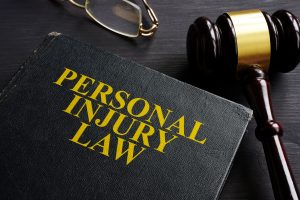

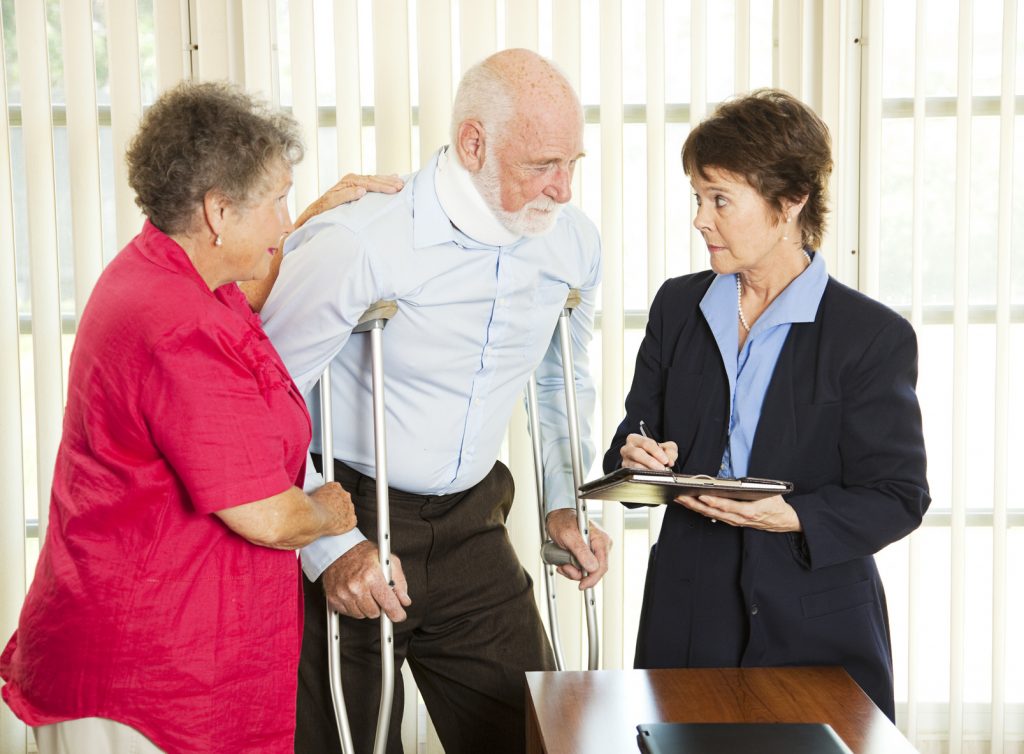
 But first, it is best that you understand the basics of personal injury.
But first, it is best that you understand the basics of personal injury.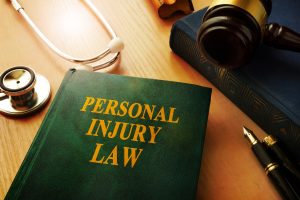 After an injury, someone may believe that they have a case but often find it difficult to find an attorney who will accept their case.
After an injury, someone may believe that they have a case but often find it difficult to find an attorney who will accept their case.



